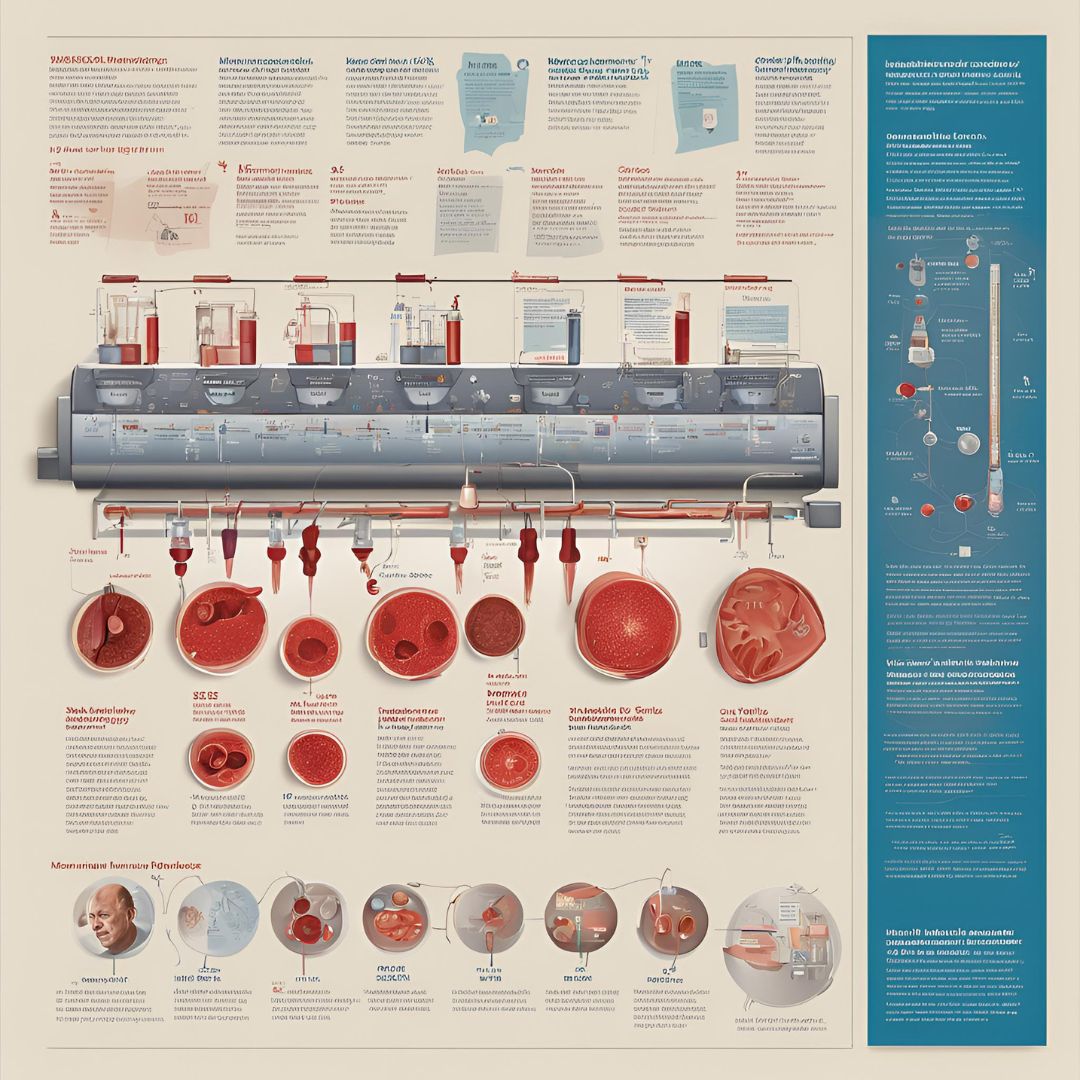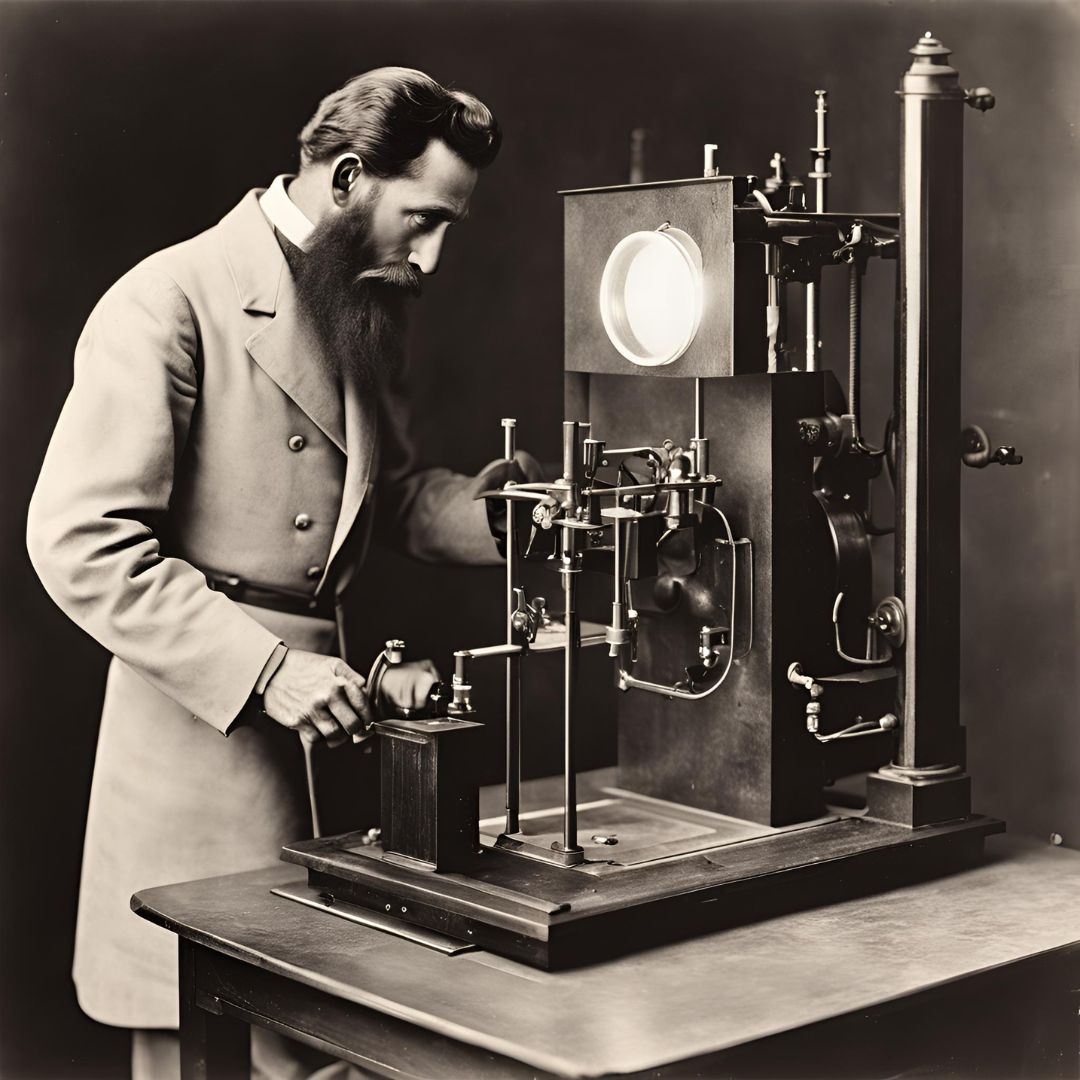Your Complete Guide:
Introduction Discover the world of Biomedical Engineering Education and Careers. This guide covers everything you need to know about starting and advancing in this exciting field.

1. What is a Biomedical Engineering Degree?
A Biomedical Engineering Degree provides the knowledge and skills to apply engineering principles to healthcare. Learn about the essential components of these programs.
2. Top Schools for Biomedical Engineering
Finding the right school is crucial for your Biomedical Engineering Education and Careers. Explore top universities known for their strong biomedical engineering programs.
3. Specializations in Biomedical Engineering
Biomedical engineering offers various specializations like bioinformatics, medical device engineering, and tissue engineering. Choose the specialization that aligns with your Biomedical Engineering Career goals.
4. Must-Have Skills for Biomedical Engineers
- Technical Skills: Essential skills include programming, CAD software, and data analysis. These are critical for your Biomedical Engineering Career.
- Interdisciplinary Knowledge: Combine biology, medicine, and engineering effectively.
- Soft Skills: Enhance your Biomedical Engineering Career with strong communication, teamwork, and problem-solving skills.
5. Get Real Experience: Internships and Co-ops
- Why Experience Matters: Hands-on experience through internships and co-ops is vital for your Biomedical Engineering Career.
- How to Find Internships: Learn where to find internships and co-ops, and tips for applying.
- Benefits of Co-op Programs: Gain valuable work experience to boost your Biomedical Engineering Career.
6. Certifications and Continuing Education
- Certifications: Obtain certifications like CBET and CHTM to advance your Biomedical Engineering Career.
- Keep Learning: Stay current with online courses and workshops relevant to your Biomedical Engineering Education.






